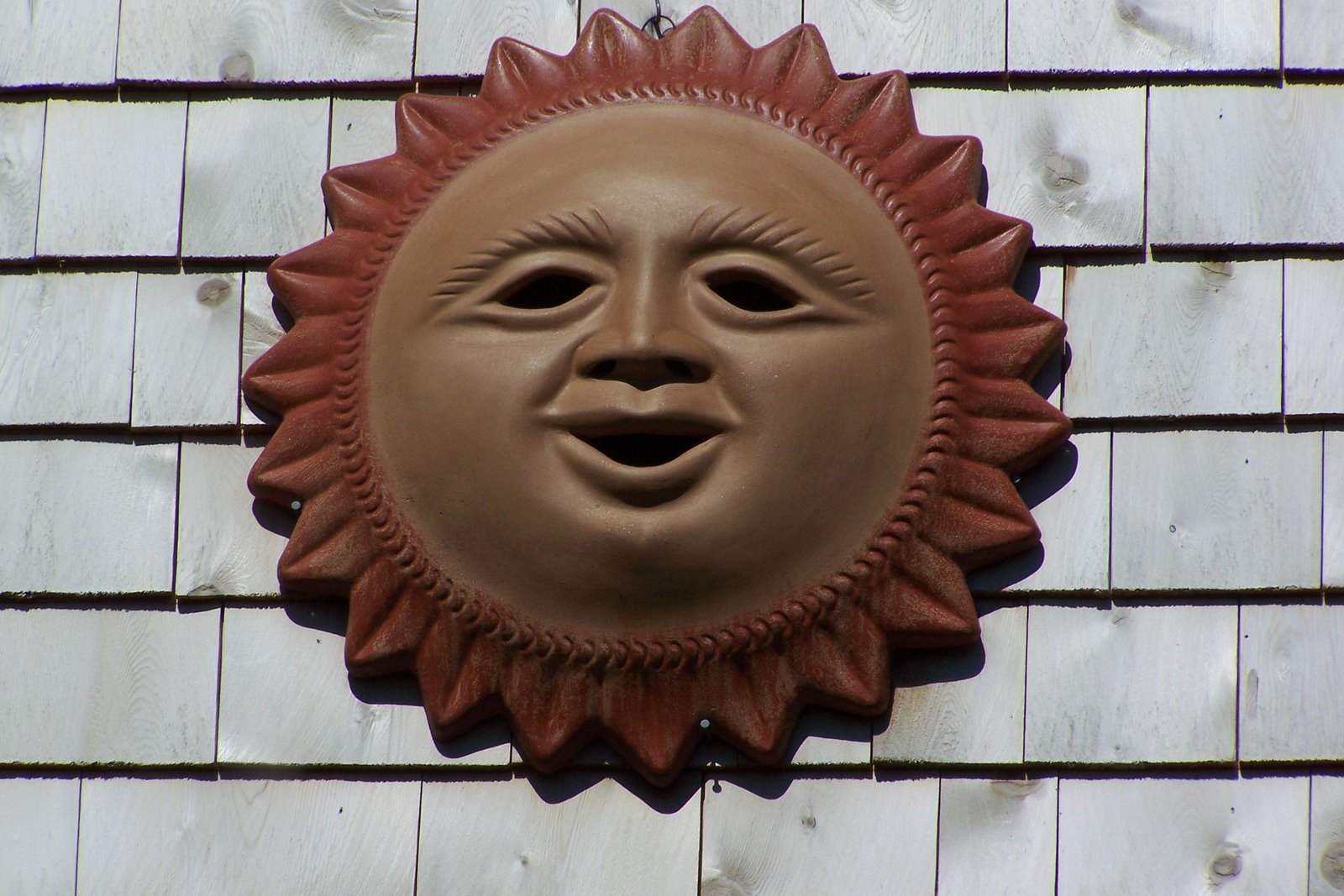From Mother Earth News:
What is the true definition of free-range chicken?
The United States Department of Agriculture offers this definition:
FREE RANGE or FREE ROAMING: Producers must demonstrate to the Agency that the poultry has been allowed access to the outside.
But “allowing access” doesn’t mean much. A small door in a barn with thousands of chickens technically gives chickens an opportunity to go outside, but that doesn’t mean that they’ll have access to grass (it may only be a concrete slab). For chickens to produce the most healthful and flavorful eggs and meat, they need to be able to eat a variety of green plants, seeds and bugs. Unfortunately, you can’t tell how the chickens live by reading the package in a store. I’d encourage you to find a local farmer who raises poultry on pasture.
Read more: http://www.motherearthnews.com/ask-our-experts/free-range-chickens.aspx#ixzz1QQfyp8hk
This is a picture of a cornish cross hen who is free ranging - on our pasture! It doesn't take much imagination to see the difference between this and the legal definition of "free range chicken" where birds may leave a barn of thousands of birds to range "freely" on dirt or concrete. To allow our chickens to range like this while protecting them from the local foxes, raccoon and coyotes, takes a special operation and creates unique benefits to our chickens and customers. This is what most people think "free range" means. But often, it isn't. We respectfully leave it to individuals to decide whether or not they eat meat. For some we offer a fine variety of organic produce. For others we offer a method of raising chicken that produces a truly natural product.
The birds arrived a day old from the hatchery in mid May and were kept in our barn under heat lamps and cover until they began to grow, then they were allowed more space to range on the dirt floor. Our cool, wet spring kept them in the barn longer than we'd planned, but we felt the nights were too cold for the young birds to be outside with no heat source. These chicks were given fresh grass cuttings and dandelions (salad) along with certified organic feed and a plate of light sand/gravel from our fresh water creek, along with fresh well water to drink. Annie appointed herself guard dog of the birds and took a genuine interest in their care. (for those who are skeptical, let me just say our dog "mothers" everyone).
So what are the benefits of pasture raising chickens? Well, these birds followed grazing sheep and horses who spent a short time (no more than three days) on each fenced section. When we put the birds out several weeks later, these small grasses were going to seed. So the birds have free choice - prepared organic feed grain or wild grass seeds and greens, bugs, slugs and whatever else comes their way. They are kept in a pen on the pasture day and night and are moved to fresh grass every morning. They leave behind lots of high quality poop....that will grow more grass. And since they don't live on the same ground every day, they always have clean ground on which to graze and rest. We have fewer than fifty birds in a pen that is 12 x 10 so there is no crowding, plenty of roof cover and we even adjust the side covers for wind break or ventilation as needed. There are studies that will explain the naturally low fat/ lower cholesterol and flavorful meat that this method produces. We just think it's better to raise healthy animals naturally for food.
And so, here are our pastured chickens foraging freely as nature intended. We started with a small batch to make sure we could give our best to our chickens and our customers. We're adding a second run this year for the fall. We'll put a few in our freezer and will be selling the rest fresh on the day they are locally processed. If you'd like to place an order on Prince Edward Island, Canada, please visit John Quimby on facebook.
Thanks!








